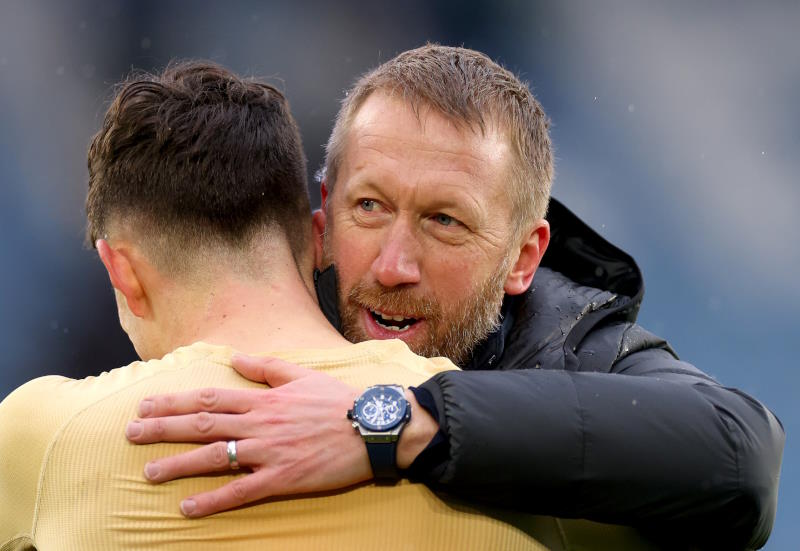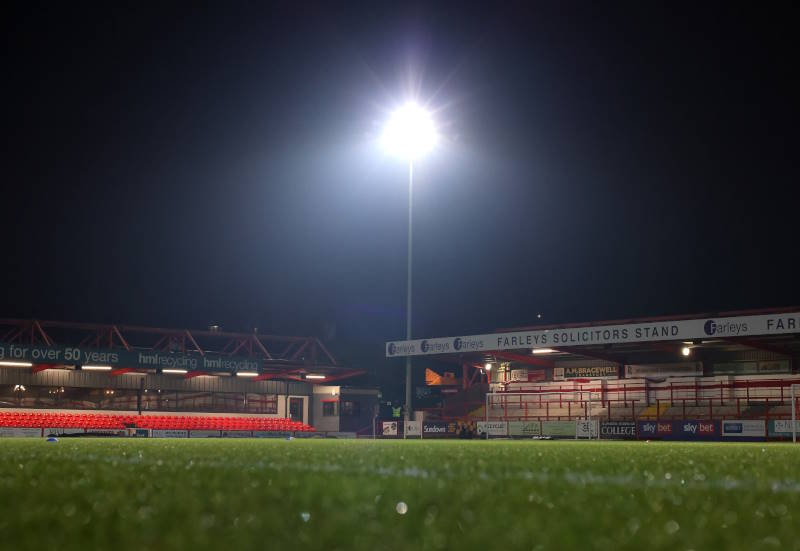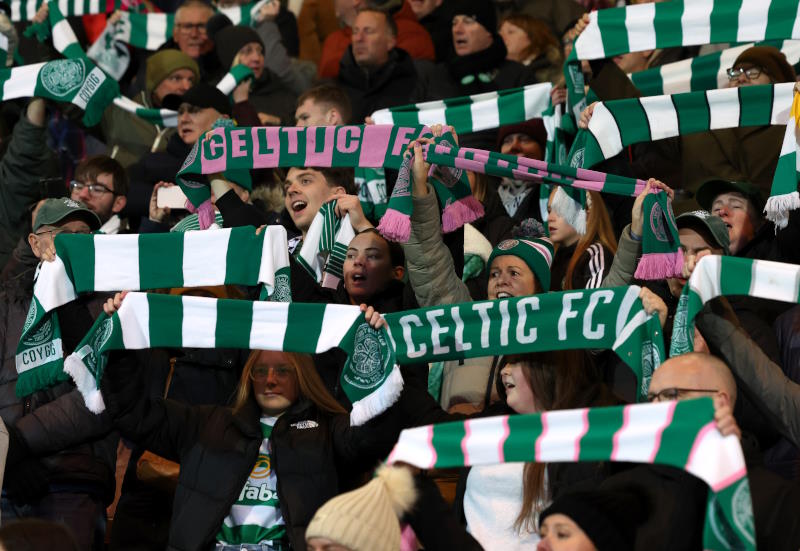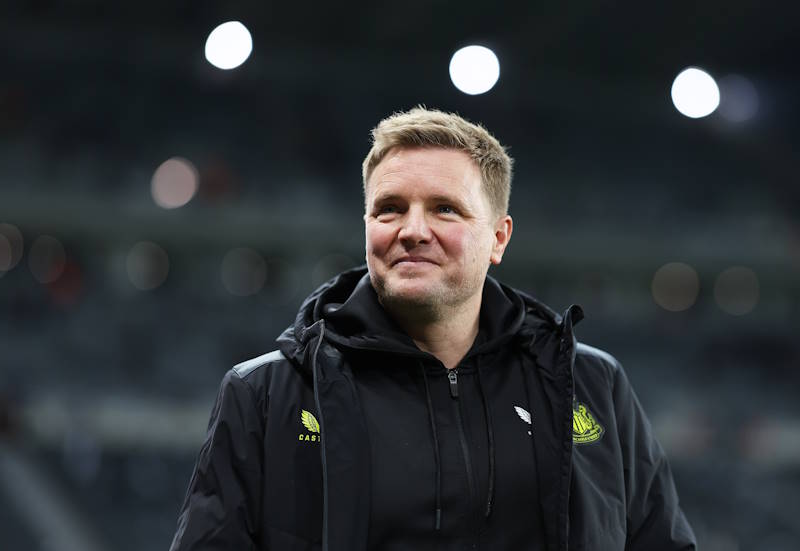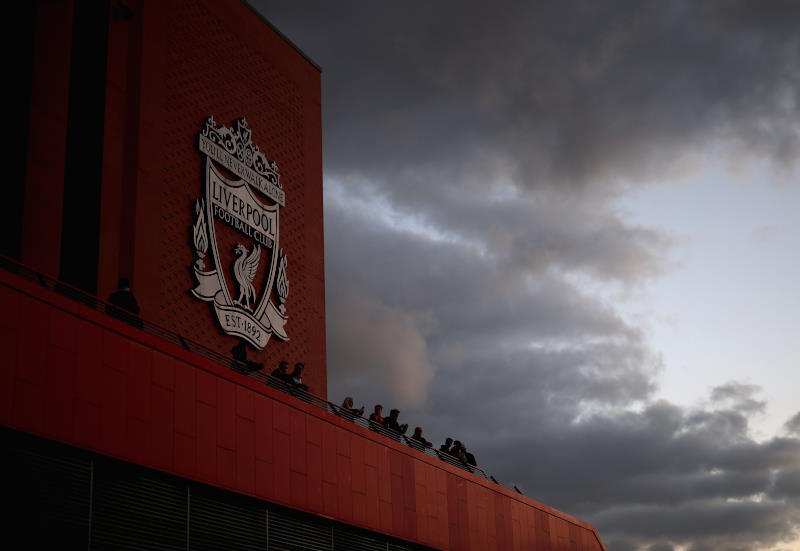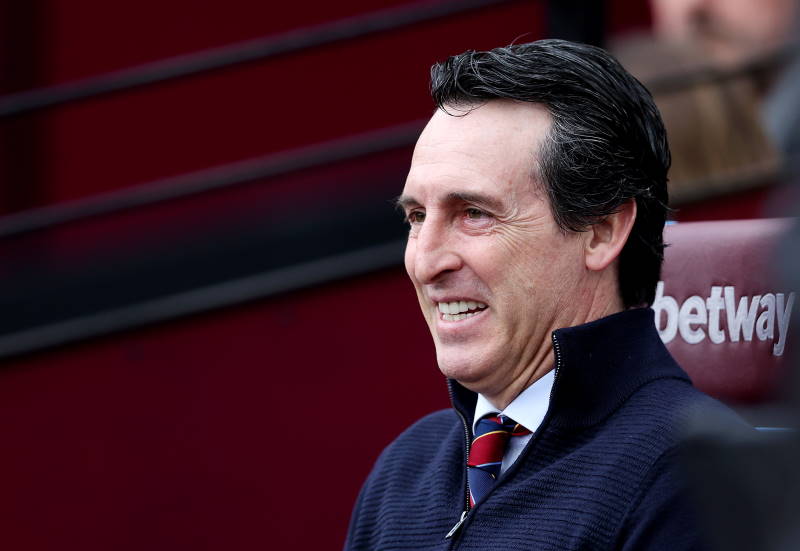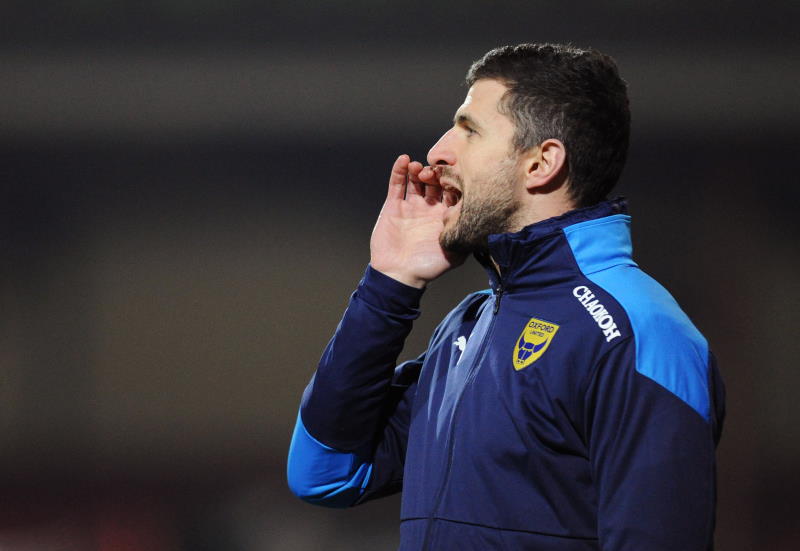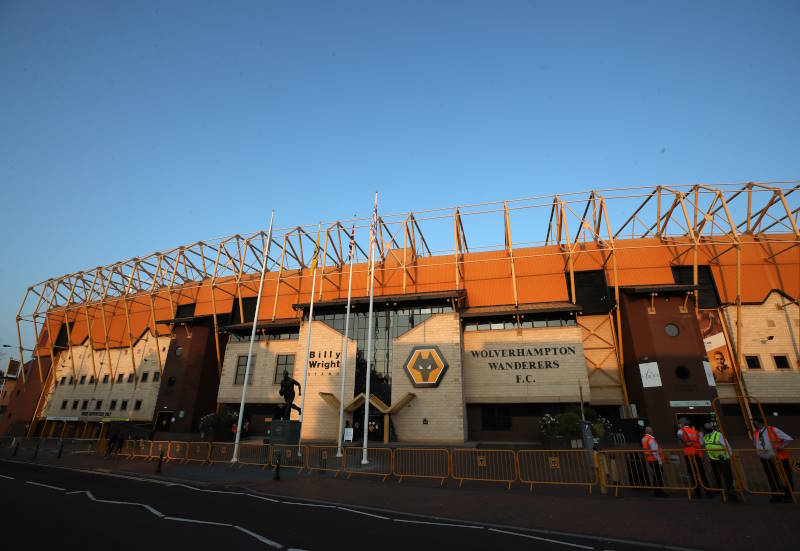
Vangelis Metsis
The appointment of Andre Villas-Boas has already got the English press gushing. This young Portuguese, the next Jose Mourinho no less, is sure to sweep the board for Roman Abramovich and bring the oligarch the Champions League he so craves. Indeed, to judge by the fanfare surrounding the 33-year-old’s arrival from FC Porto, Chelsea have the best coach in the game, without equal and with limitless potential. But football doesn’t work like that. And his appointment is, no matter how it is dressed up, a gamble.
Villas-Boas has an impeccable CV, not that the Portuguese has had much of a chance to soil it, with just two seasons as a manager to scribble into the previous employers’ section on any application form. But Villas-Boas has not taken a typical route to the top. How many other teenagers find themselves appointed to the scouting department of the club they support at the age of just 16? Then develop a relationship with Jose Mourinho and follow the anointed "Special One" across Europe? In the presence of Sir Bobby Robson and Mourinho, Villas-Boas could not help but pick up the right way to go about things. And by all accounts he has done just that.
Of course, the young coach has enjoyed success, stellar in its nature, but only a season of it. A spell with Academica, a university town with expectations of regular football in Portugal’s top flight, yielded a mid-table finish with attractive football and a positive outlook. It was enough to land Villas-Boas the Porto job he craved, and then his rocket really took off. A Treble of Portuguese league and cup, combined with the Europa League, is impressive, yet the Europa League is far from what it once was, fully evidenced by a line-up of three Portuguese sides in the semi-finals; the country has long since been left behind by the big spending elites of England, Spain, Italy and Germany and the competition itself weakened by the all-conquering Champions League.
Villas-Boas’ displays in the Portuguese league were, no doubt, top notch. But enough to warrant a spot on the top shelf with the likes of Sir Alex Ferguson, or even the man he presumably pipped to the post, Guus Hiddink? FC Porto topped the pile without losing a single game, an achievement for the ages even his harshest critic would admit, but a winning margin of 21 points spoke much for the ineptitude of rivals Benfica, Braga and Sporting Lisbon as well as Porto’s brilliance. The Dragons would still have triumphed, although not by a dizzying difference. Worth remembering too is that Villas-Boas was claiming the title back from Benfica. The Lisbon giants themselves had won the league comfortably in 2009/10, with 76 points, eight less than Porto this year, but contended with a superior Braga, who finished as runners-up and this season saw their points total collapse by a mammoth 25 points. Benfica lost twice to Porto’s zero, and drew four times to Porto’s three, but outscored their rivals by 78 goals to 73, although conceded four more. A gap in favour of Porto yes, but enough to acclaim Villas-Boas as in another world to Benfica’s Jorge Jesus domestically? Doubtful.
The Portuguese has been handed a three-year contract at Chelsea, having cost €15M to release from his contract and, with money to spend and a good coaching staff surrounding him – although Vitor Pereira, Villas-Boas’ right hand man at Porto will not join him, opting to succeed his boss at Porto -, should turn in at least a respectable performance. However, his appointment is a gamble, even more of a gamble than that of Mourinho perhaps. Upon the current Real Madrid coach’s arrival at Stamford Bridge, Chelsea were a new force, without a league title to their name since 1955, and in the process of taking the Premier League by storm. Young, swashbuckling, unexpectedly new, the Blues presented a different challenge to England’s elite. Now, ageing, dogged and predictable, although still capable of steamrollering the opposition, the freshness has passed; Chelsea are the elite. Villas-Boas can recapture some of that feeling of freshness, but he faces a rebuilding job, a changing of the guard.
Well-known in the corridors at Stamford Bridge, Villas-Boas will be welcomed with open arms and instantly feel at home. And with millions at his disposal, the Portuguese will add faces. However, after Carlo Ancelotti’s sacking just a year after winning a domestic double, the agenda is clear, the Champions League or bust. It is a lot to ask of a young manager – Mourinho and Ancelotti could not even succeed in this task – and the job of Chelsea boss is not advertised with on-the-job training. Youth in a boss is nothing new though; Brian Clough entered management at the age of 30 and managed in the top flight at the same age as Villas-Boas, 33. But Clough, like Kenny Dalglish, Gianluca Vialli and so many others, had more than a decade of playing experience to fall back on. Neither did Mourinho, but can lightening strike twice? It remains to be seen whether the lack of this will prove a hindrance to Chelsea’s new manager.
Full of potential, undoubtedly talented and with more than a little Mourinho within his bones, Villas-Boas could yet lead Chelsea to an era of success that is without precedent. But his appointment remains a gamble, a throw of the dice that may have come too soon, for the club and man alike.

